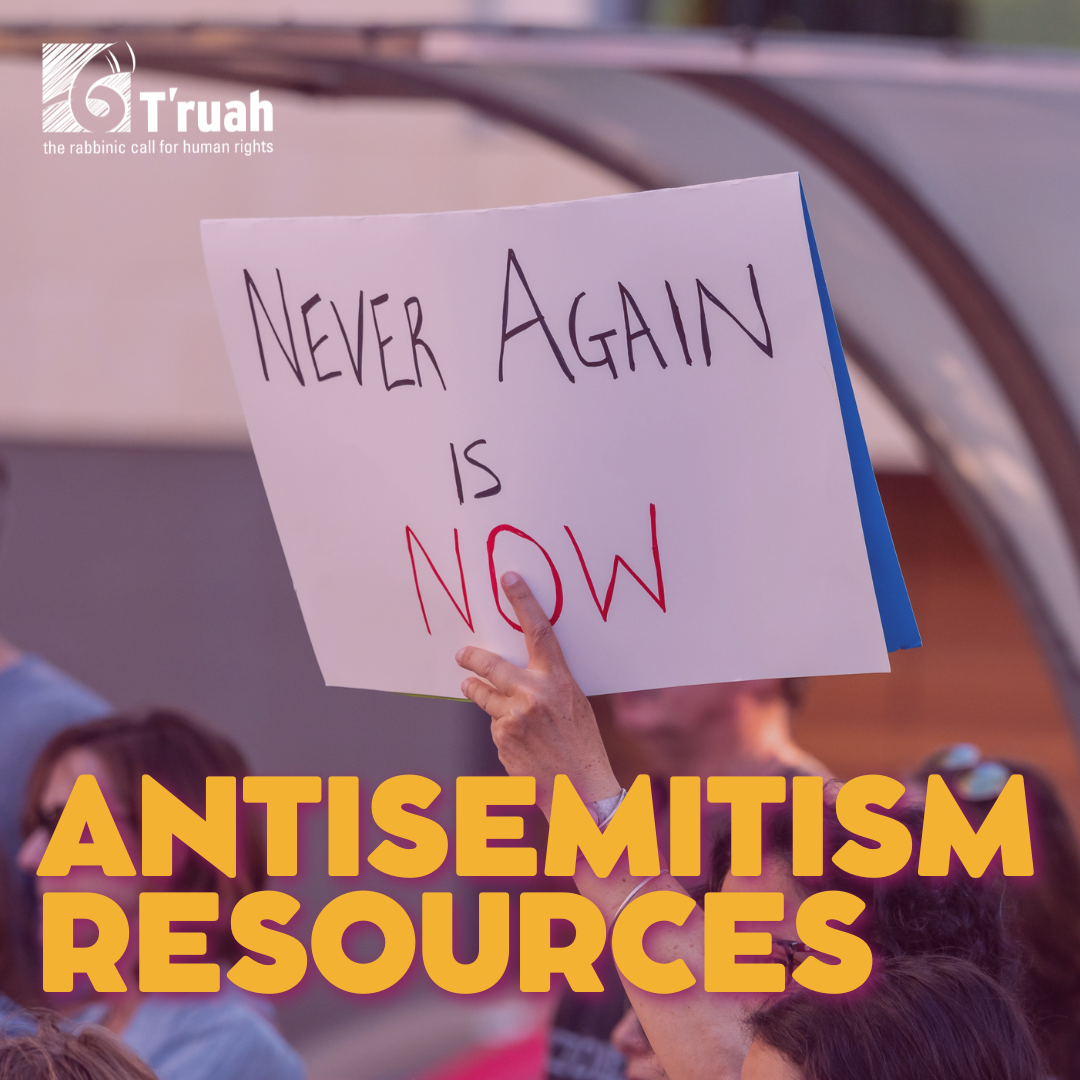Resources
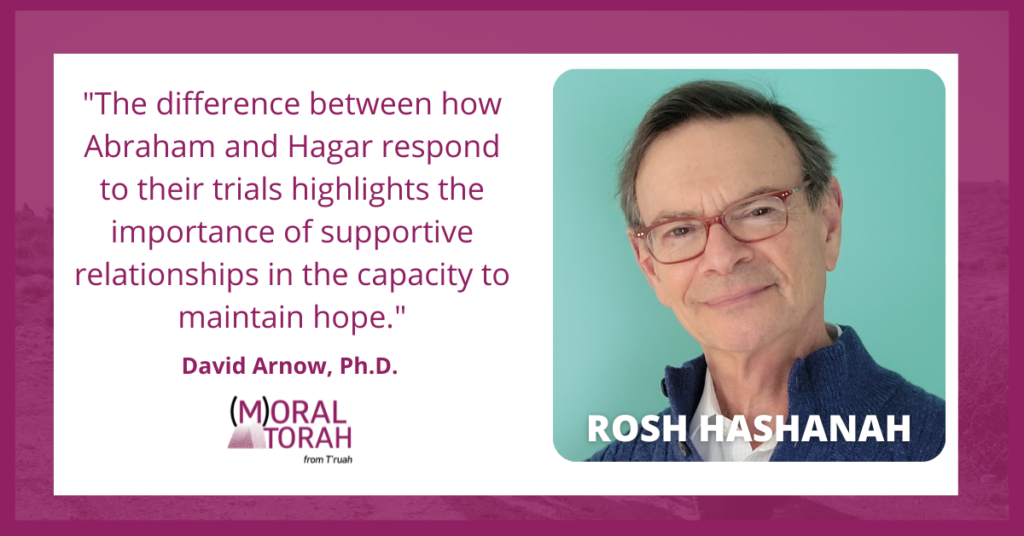
Facing Our Trials with Hope: Abraham and the Akedah
A D’var Torah for Rosh Hashanah by David Arnow, Ph.D. From climate change and the erosion of democratic norms to the resurgence of antisemitism and the fight for human rights, one thing is clear: If despair triumphs over hope, we’ll never overcome the challenges we face. Hope enables us to envision a better future and...
more
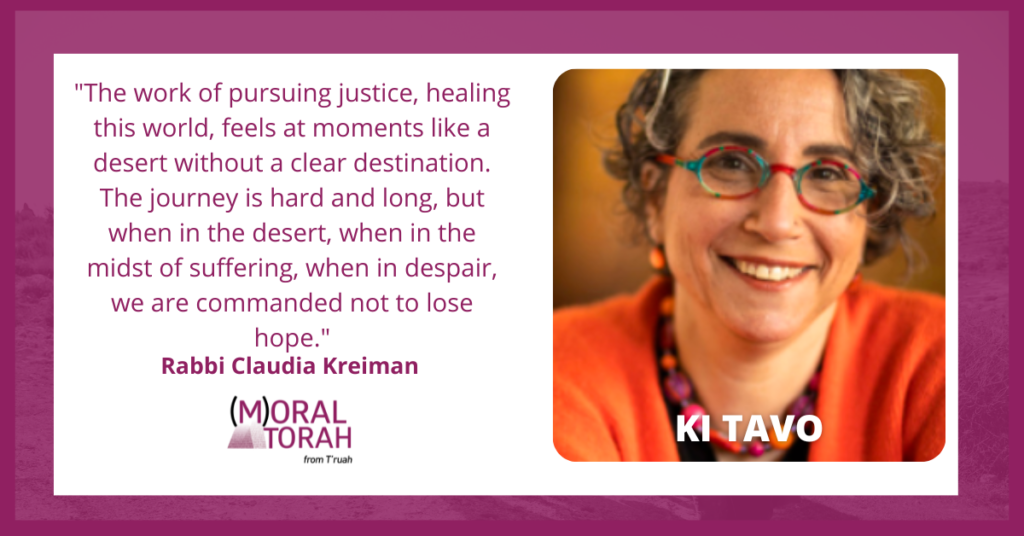
Waiting On Our First Fruits
The work of pursuing justice, healing this world, feels at moments like a desert without a clear destination. The journey is hard and long, but when in the desert, when in the midst of suffering, when in despair, we are commanded not to lose hope.
more
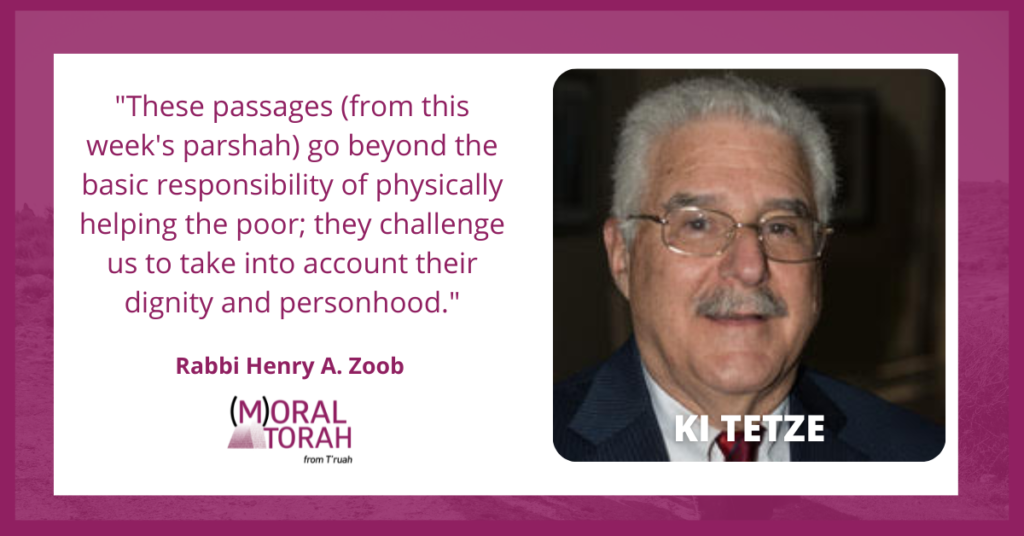
Going Beyond Rectifying Poverty
These passages (from this week's parshah) go beyond the basic responsibility of physically helping the poor; they challenge us to take into account their dignity and personhood.
more
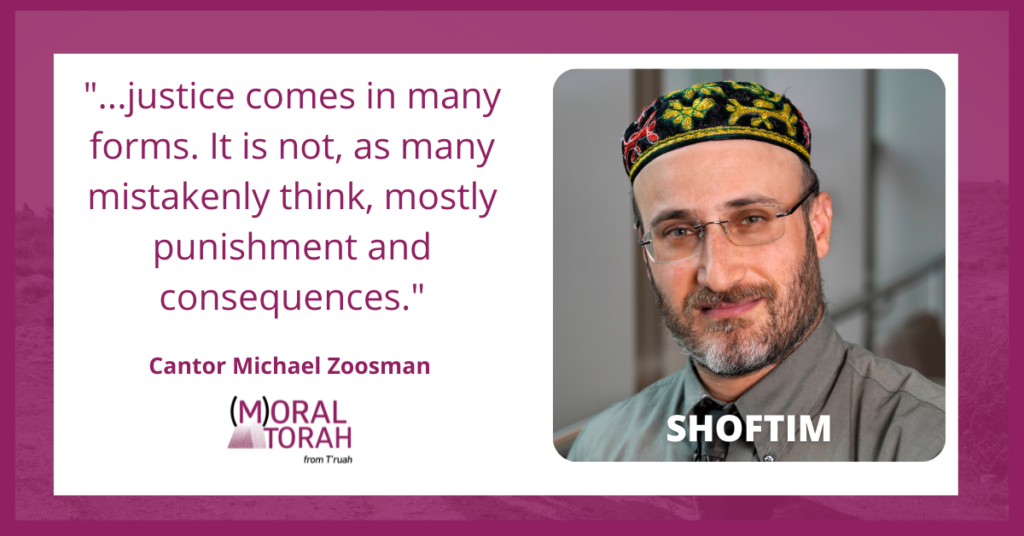
Abolition, Abolition Shall You Pursue!
...justice comes in many forms. It is not, as many mistakenly think, mostly punishment and consequences.
more
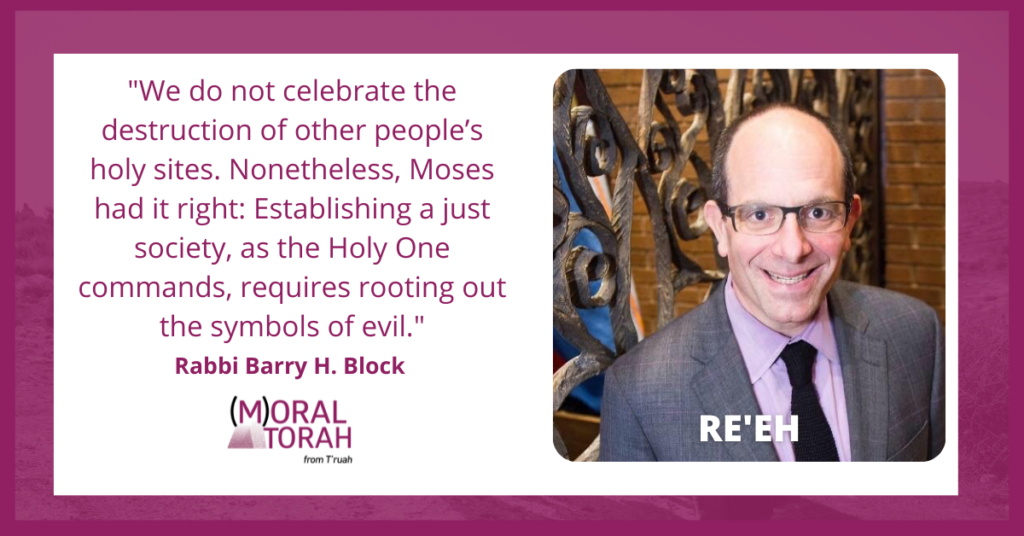
Dangerous Idols in Ancient Israel and Contemporary America
We do not celebrate the destruction of other people’s holy sites. Nonetheless, Moses had it right: Establishing a just society, as the Holy One commands, requires rooting out the symbols of evil.
more
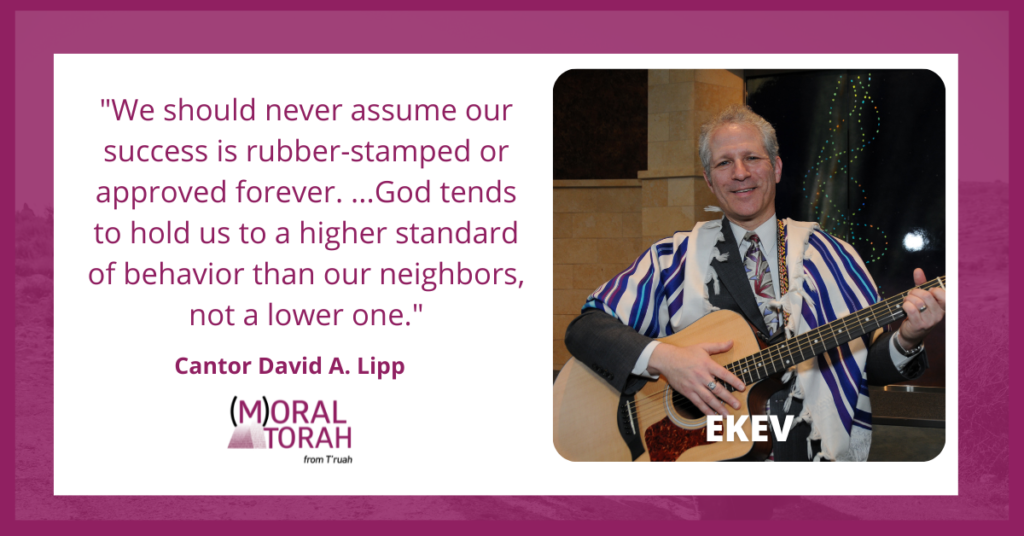
Trampling over the Torah
We should never assume our success is rubber-stamped or approved forever. Our actions can always be re-evaluated, and based on prophetic precedent, God tends to hold us to a higher standard of behavior than our neighbors, not a lower one.
more
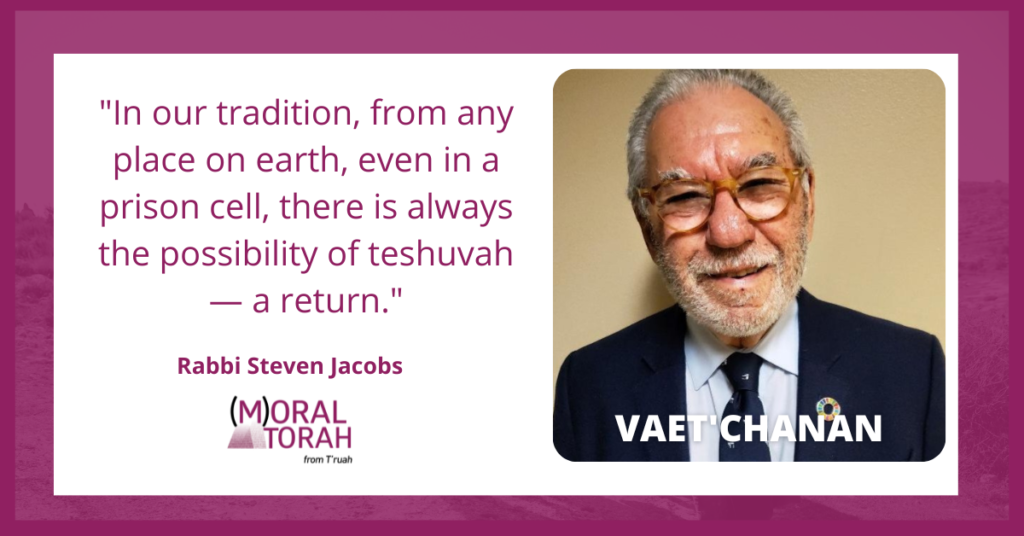
Returning from the Narrow Place
In our tradition, from any place on earth, even in a prison cell, there is always the possibility of teshuvah — a return.
more
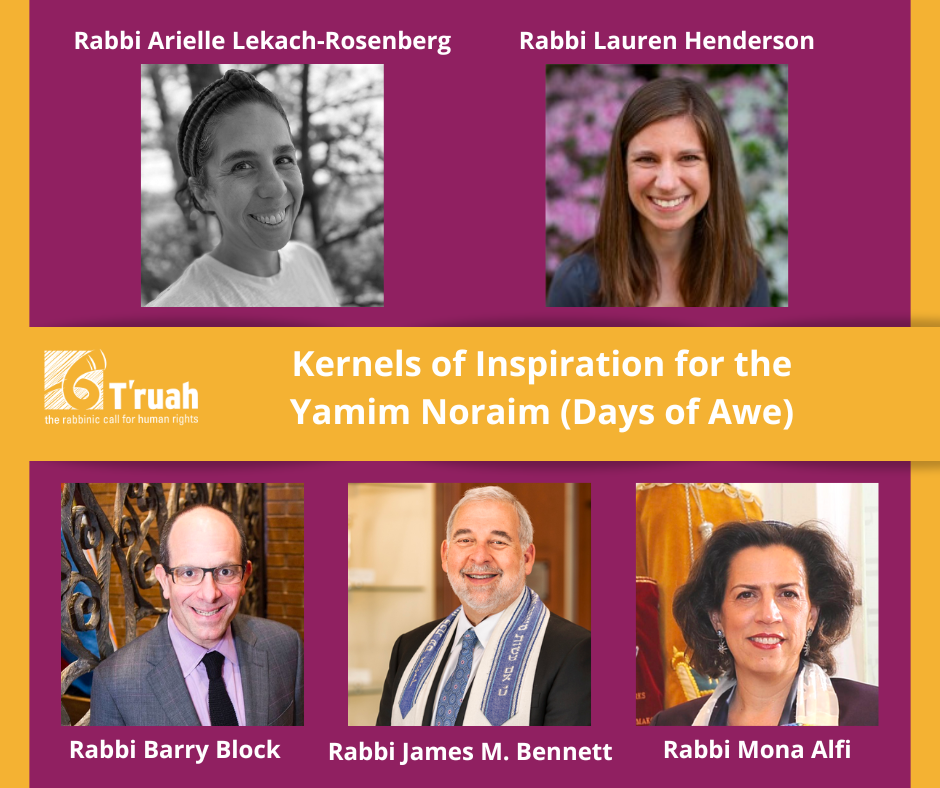
Kernels of Inspiration for the Yamim Noraim (Days of Awe) 2022
Five chaverim share thoughts on a social-justice-themed sermon they might give in the upcoming High Holiday season. We hope that their insights will move your intellectual gears as you prepare to deliver sacred messages to your community. Each chaver will share a topic, the text they are basing their sermon around, and the takeaway they...
more
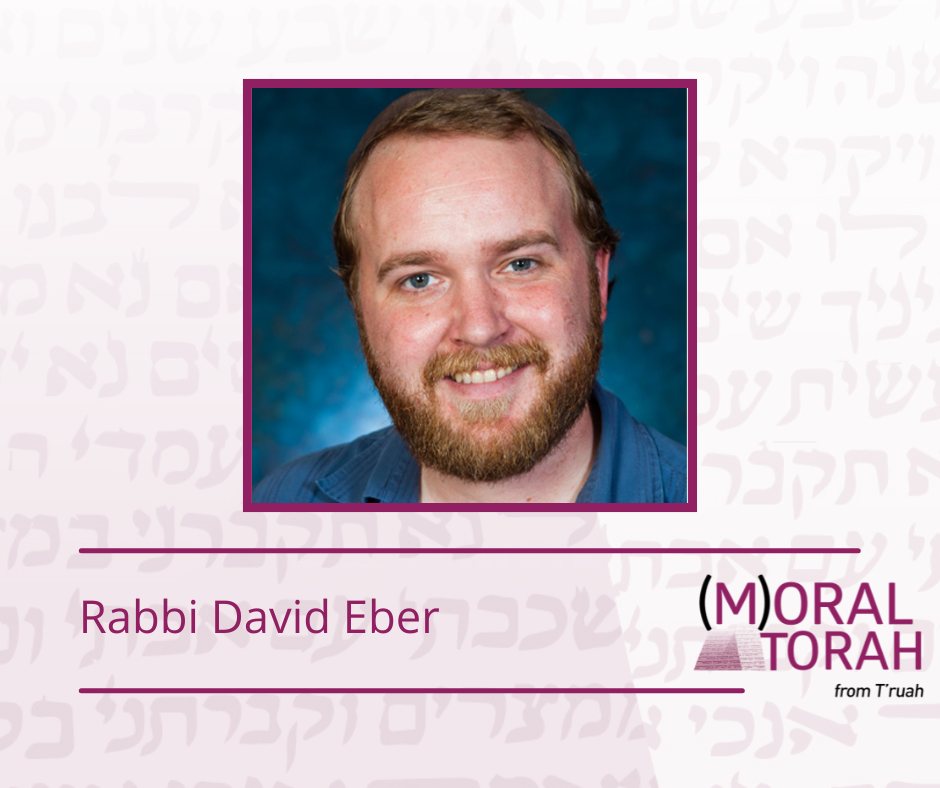
Turning our Backyards into Sanctuary Cities
...the Torah instructs that in the midst of our holiest cities and amongst people who do the work of God, that precisely there — in that place — are the vulnerable to take refuge.
more
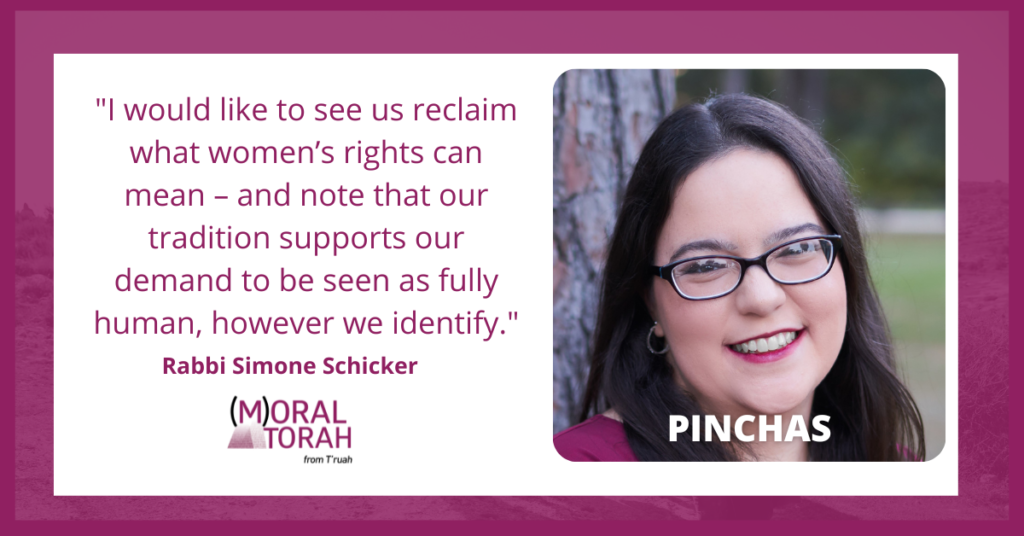
What “Women’s Rights” Should Mean
I would like to see us reclaim what women’s rights can mean – and note that our tradition supports our demand to be seen as fully human, however we identify.
more



